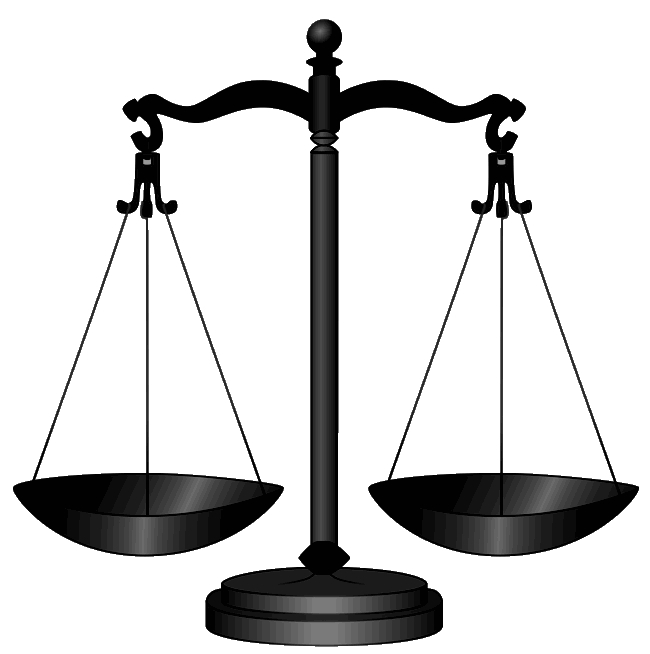
What is the “right” way to stand up for what we believe in, while still maintaining grace? I’ve been turning this over in my mind, because I want to be part of the solution rather than the problem. I still haven’t come up with a clear answer. I keep hearing about how we need to be open, generous, and full of grace when dealing with people who don’t share the same view of LGBT issues; the phrase “You’ll catch more flies with honey than with vinegar” comes to mind.
Don’t misunderstand me—I agree (to an extent) that this is true. How could I not? My own friends, family, and coworkers were incredibly patient with me. It took ten years (yes, literally) for me to finally unlock the door and walk through it. And I certainly don’t at all want to discount the voices of my gay friends who are themselves pioneers of reconciliation. But the problem I have is that “We need to extend grace” is always a conversation-ender. In other words, once the thing has been said, discussion is shut down. Calls for justice have been dismissed. Passion has been waved away as ranting. Picketing, petitioning, and protesting have been discounted as “angry mob mentality.”
I am so very glad for my friends—gay and straight—who are involved in the loving process of bringing folks to the table of reconciliation. Please, continue to do that. It is good and important work. Those who do it are being true to their convictions and to their natural styles and personalities. My prayers are with you, and I hope that your work will spread so that others will want to join you.
Meanwhile, I’m going to continue to approach this in a very different manner. I’m going to keep on putting my voice out there, whether anyone is listening or not, to join with those who are saying that it’s not enough on its own.
I’m not advocating violence. I’m not supporting hate. But why, whenever anyone admits to genuine anger that LGBT people are still marginalized, brutalized, and victimized, are we told that we should “tone it down”? There are some injustices in the world that are worth the effort. Not allowing LGBT people to be fully included members of a church is a good time for conversation and story and reconciliation. Brutality, hate, and suffering are causes to speak out against. Those of us willing to unashamedly put words to the pain we feel, for ourselves and others, should not be silenced. Of course we shouldn’t fight people like Westboro Baptist with the same kind of hate language and detestable practices. But why is it so wrong for us to protest, to cry out, to demand change? Why are we limited to one manner of fighting the injustice we see?
I think sometimes those of us who are progressive limit ourselves. We tend to believe that “tolerance” should be extended in all directions. In other words, we need to tolerate hate and intolerance, because otherwise we are hypocrites. You know what? That makes no sense whatsoever. I don’t like to compare one social justice movement to another, but in this case, it’s not the what but the how. What if Susan B. Anthony had just asked nicely to be allowed to vote, and made a good case every year by sitting down to chat about it? Didn’t it make a far bigger impact that she was willing to be imprisoned for voting?
Instead of closing each other off, we need to acknowledge that there is a place for both kinds of advocacy—that which offers earnest conversation, and that which shouts over the din. I happen to be (due to my natural personality) of the second type; many of my friends are of the first type. Perhaps the best way to balance grace and justice is to become partners with one another rather than playing a futile game of tug-of-war between the two.



